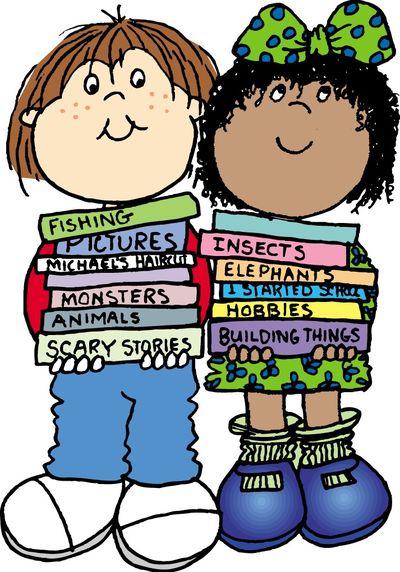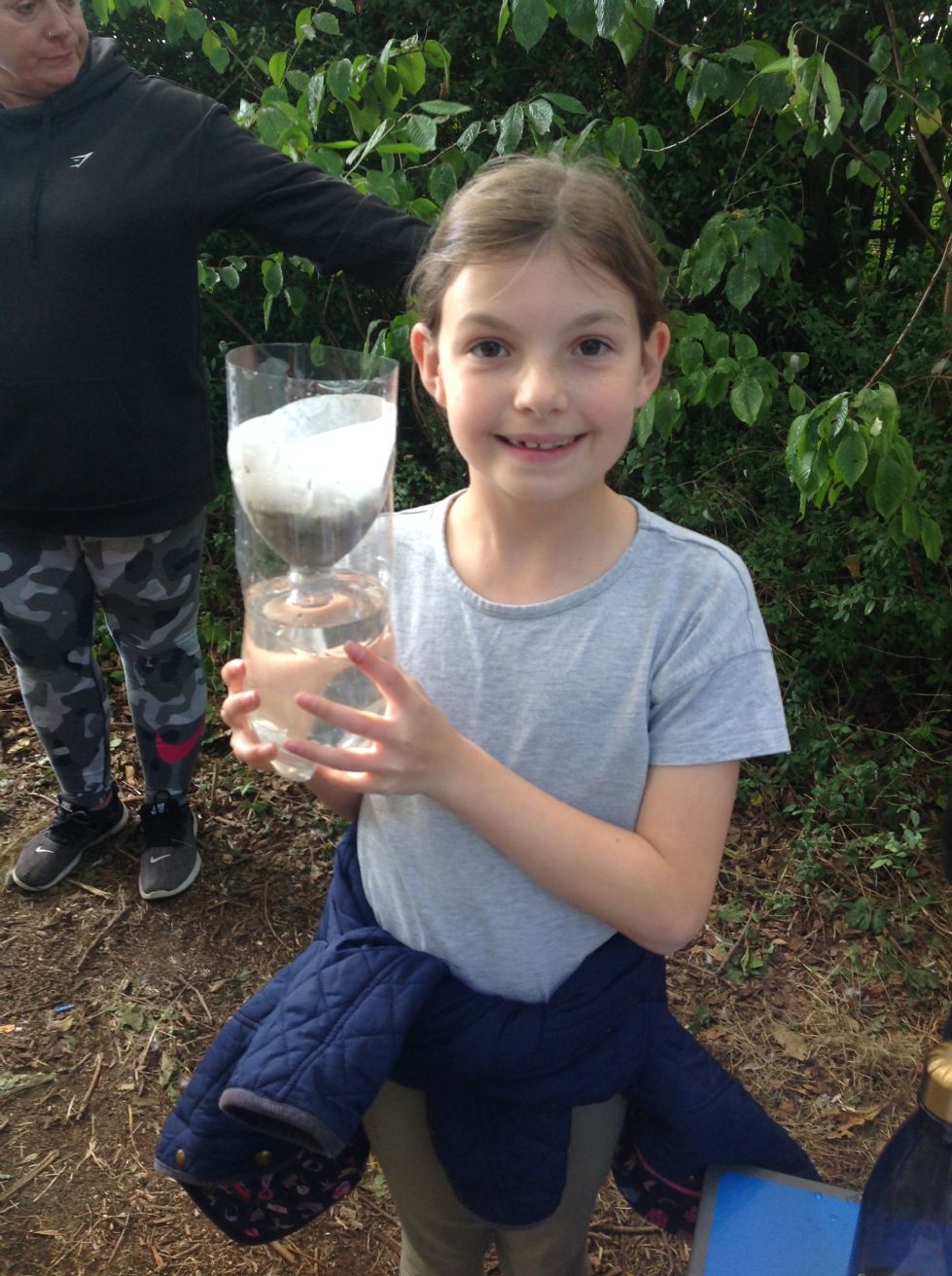Vision
Our intent through the English curriculum is that we will ensure children develop the skills and knowledge that will enable them to communicate effectively and creatively through spoken and written language and equip them with the skills to become lifelong learners. We will help children to enjoy and appreciate literature and to develop a passion for reading. This will be implemented through teaching a broad English curriculum and the impact will evident in the children’s development of a good range of reading and writing skills.
Spoken Language
The quality and variety of language that pupils hear and speak are vital for developing their vocabulary and grammar and their understanding for reading and writing. It is our intent that the children at Ferndale develop a rich and diverse knowledge of language. This is implemented across the curriculum; we provide our children with a wide range of opportunities to develop their speaking and listening skills such as discussion, debate, presentation, drama and movie-making. During speaking activities, we assist children in making their thinking clear to themselves as well as to others. Spoken language underpins the development of reading and writing and their knowledge across the curriculum, the impact of which can be seen in all subjects.
Reading
Intent
At Ferndale, we are passionate about helping our pupils to learn to read with confidence, fluency, understanding and enjoyment. Reading enables pupils to acquire knowledge, develop a wide vocabulary and it stimulates the imagination. It helps pupils to develop culturally, emotionally, intellectually, socially and spiritually. We want all of our pupils to become confident readers so that they have the skills to access life-long learning, develop their understanding of the world and read for pleasure.
Implementation
Learning to read comprises of two core elements: decoding (word reading) and language comprehension. We implement the teaching of these skills in a range of ways.
Phonics
We deliver high quality phonics teaching, using a multi-sensory approach, following the ‘Bug Club’ programme.
Phonics teaching begins in nursery where pupils are introduced to discriminating sounds through fun games and activities. In foundation stage 2 (Reception), pupils are taught phase 2 and 3 phonics and in year 1, pupils begin phase 5 phonics.
At each stage, pupils are taught new letter sounds, letter formation, blending and segmenting and to read tricky words (words with irregular spellings). Bug club provides phonic level books for individual and guided reading, handwriting and teaching presentations. Lessons incorporate relevant practical and interactive activities to engage pupils. Through our phonics teaching, we ensure that pupils develop their skills in aural discrimination, phonemic and rhyme awareness, blending and segmenting as well as grapheme-phoneme correspondence.
Pupils are given books to read at home (from our book band scheme) that match their phonic and word knowledge; this boosts the child’s confidence in reading.
Pupils are continually assessed on their phonics knowledge and appropriately supported to develop this further.
Any pupils who have not secured their phonics knowledge by the end of year 2, continue to receive phonics instruction through targeted interventions. They practise their reading on a daily basis with an age-appropriate decodable book.
Developing Fluency
Fluent decoding allows pupils to understand what they have read. When a pupil gains accuracy and automaticity in word reading, the brain’s resources are available to focus on lifting the meaning from the page. As they gain more fluency, their motivation increases: they start to enjoy reading more. It is therefore vital that pupils practise reading every day and at Ferndale we do this through both small group and whole class guided reading sessions as well as targeted individual reading with an adult.
The pupils are also encouraged to read at home on a daily basis through our ‘300 Reads’ rewards scheme where children receive reading-related rewards for reading on a regular basis at home.
Our book band scheme, which pupils start in the foundation stage, ensures our pupils have access to high quality books at an appropriate level for independent reading as they progress on their reading journey. These bands contain books across a wide range of genres and the stock is continuously added to/renewed to ensure an exciting and diverse choice for the pupils.
Developing Comprehension
From the earliest stage, we aim to improve our pupils’ language comprehension. We aim to create a language-rich environment where the adults engage the pupils in high quality dialogue throughout the day and help them to articulate what they know and understand as well as helping them to develop their understanding of new vocabulary to support learning across all areas. We believe that the more our pupils take part in conversations, the more they will understand once they can read. Teachers plan lessons, experiences and trips with careful emphasis on helping pupils to develop and extend their language.
Our guided reading sessions (both small group and whole class) help to build comprehension through rich discussion of the text. Guided reading texts are carefully selected by teachers to be at the appropriate level and discussion around the text is designed to encourage good comprehension. Teachers are guided by the reading VIPERS to ensure they ask and the pupils are familiar with a range of question types to deepen their understanding.
Our daily story times are a further way in which we help pupils to develop their comprehension skills; listening to and talking about books that include words that they cannot yet read themselves, will mean that when they can read at that level, they are more likely to have sufficient vocabulary and other knowledge to understand the books for themselves.
Reading at Home with Your Child
Reading at home with your child on a daily basis is a very important part of helping your child to develop their fluency, comprehension and love of reading. Your child will bring home a reading book each night. Outlined below are our reading at home expectations. Please ensure you sign your child’s reading record.
Reading Expectations at Home
|
Year group |
Expectation – at least… |
Focus |
|
Nursery |
Share stories and rhymes together to develop language and a love of reading. |
|
|
Reception/Year 1 |
10-15 minutes, 5 x week with an adult |
Read text and discuss it. Apply phonics skills. |
|
Year 2/Year 3/Year 4 |
15-20 minutes, 5 x week with an adult |
Discussion: to develop comprehension and inference skills. (See questions) |
|
Year 5/Year 6 |
20 minutes, 5 x week with an adult |
Discussion: to develop comprehension and inference skills. |
Listening to your child read as well as discussing what they have read is a vital part of helping them to develop as a reader. Here are some useful questions to help guide your discussion with your child:
Questions for Key Stage One
Before starting a new book, you could ask questions about the book overall
- Where is the title?
- What do you think will happen in this story? Why do you think that?
- Is this an information (non-fiction) or story (fiction) book? How do we know?
Once you start reading the book you could ask
- Can you tell me what has happened so far?
- What do you think will happen next?
- What type of character is…, are they kind, rude, happy, miserable, how do we know this?
- How do you think the character feels at this point, how do you know?
- What does…. word mean?
After you have finished the book you could ask
- Did you like this book? Why/why not?
- What was the most exciting part of the book, what made it exciting?
- What sort of character was…?
- Why did the character do… (choose a part from the book)?
- What would you do if this was you?
Questions for Key Stage Two
As children get older, it is still vital to hear them read and ask them questions, even if it is a page or two a day.
Before starting the book
- What type of story is this?
- What do you think will happen, why?
- Have you read a book by this author or with this in character before?
- Why did you choose this book?
- What genre is this book, how can you tell?
During the reading of the book
- What has happened so far?
- Who is your favourite character, why?
- Which character do you least like, why?
- What do you think will happen next, why?
- Can you find evidence in the text that shows that the character is ….?
- Can you find two sentences to describe the setting?
- What would you do in this situation?
- Why did the writer repeat this word/phrase?
Your child also has access to Bug Club at home which is an online reading platform offering a whole library of exciting, interactive books pitched at the right level for your child to enjoy reading independently. Where pupils are still learning phonics, the books offered will be at the correct phonics stage. Each pupil has their own login (please see your class teacher for this password).
World book day - Come as a word
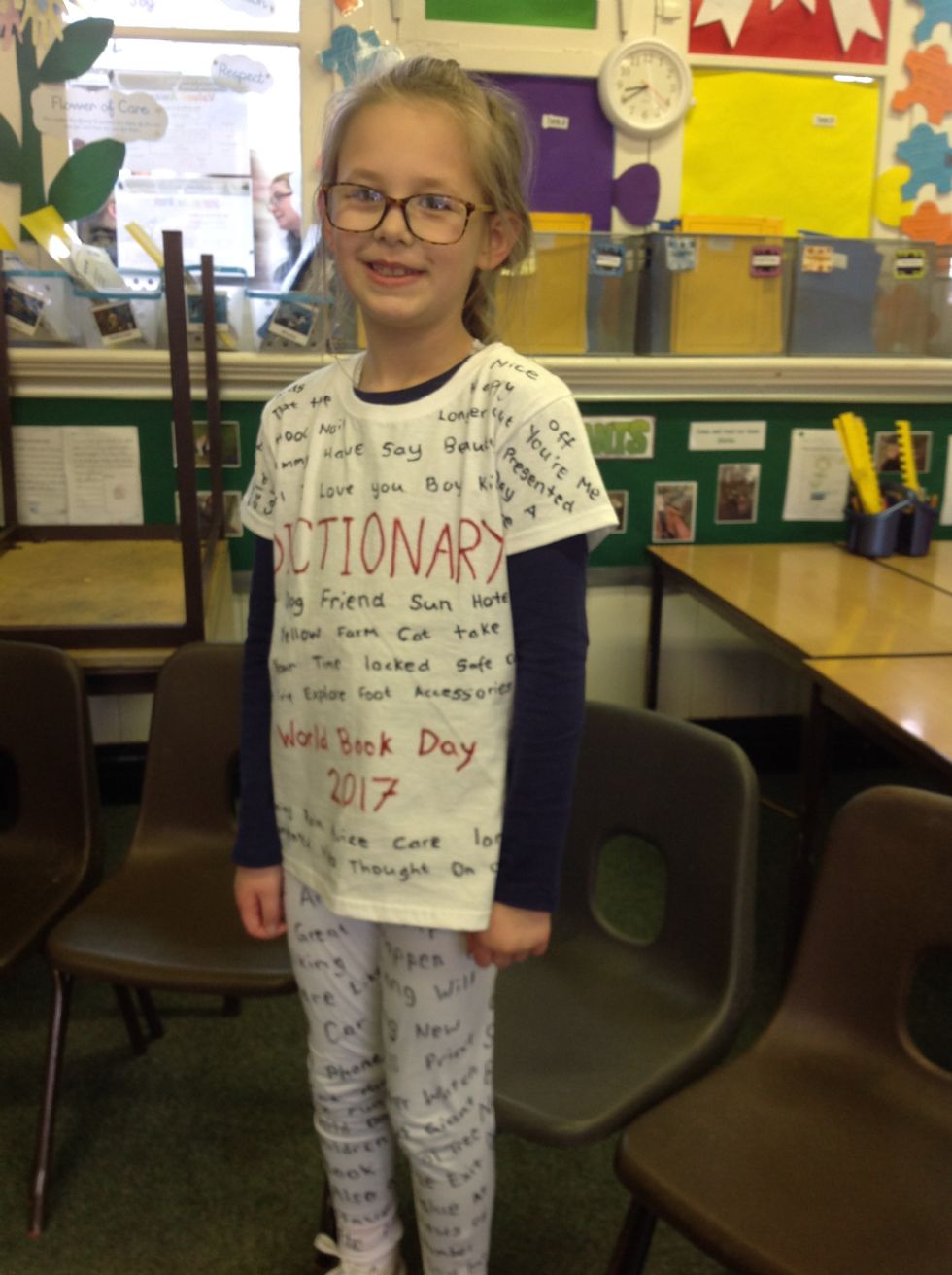
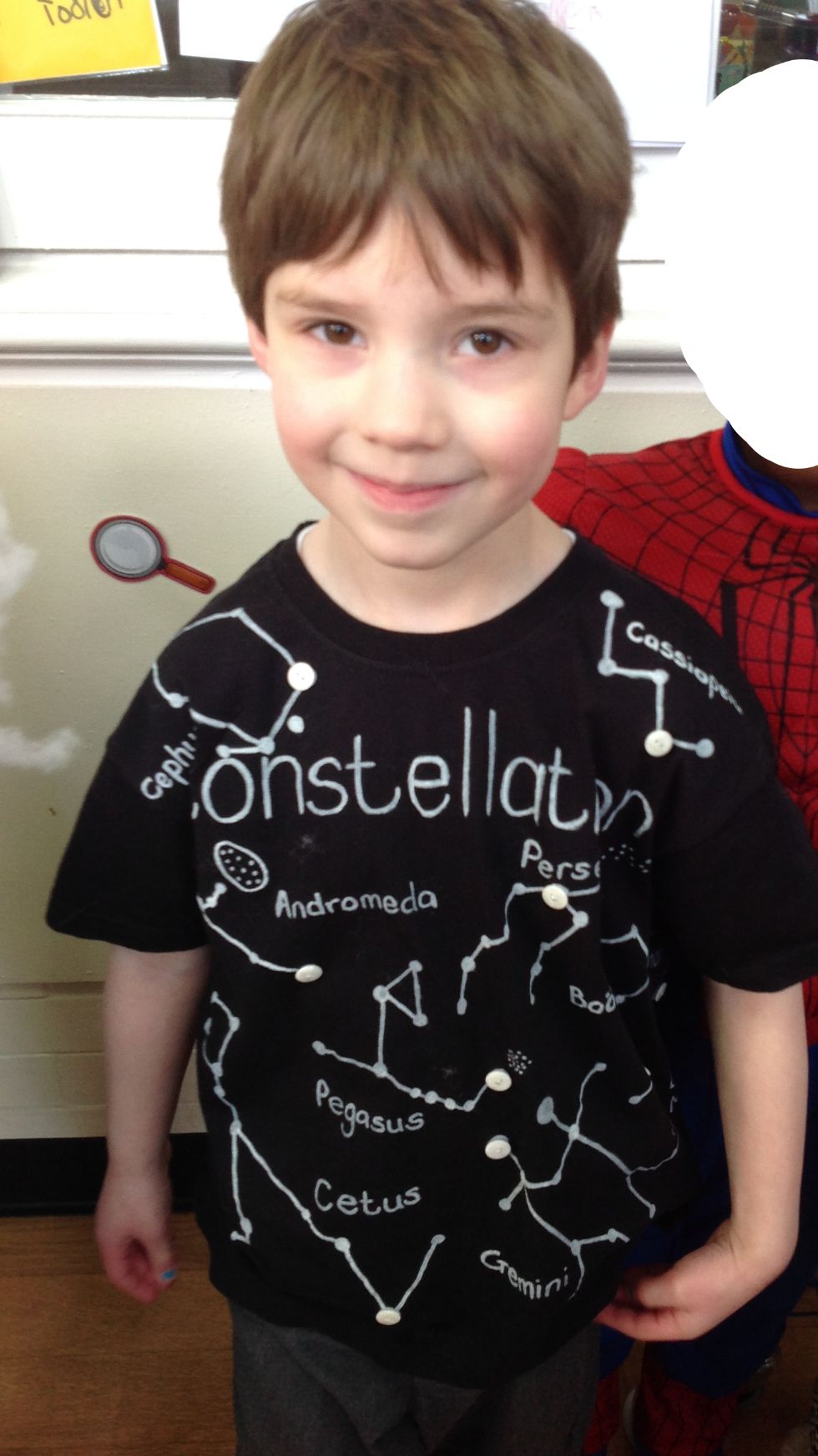
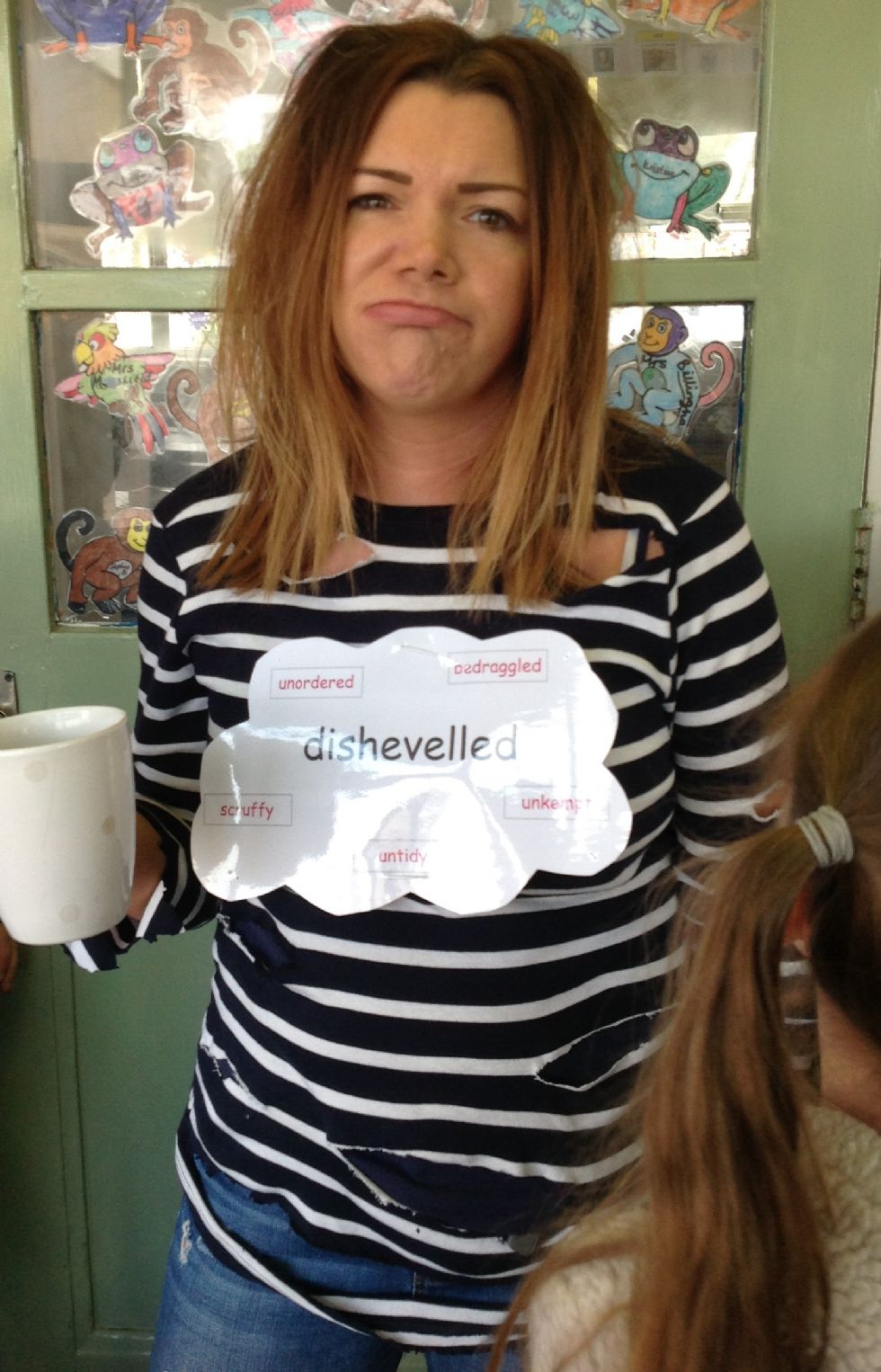
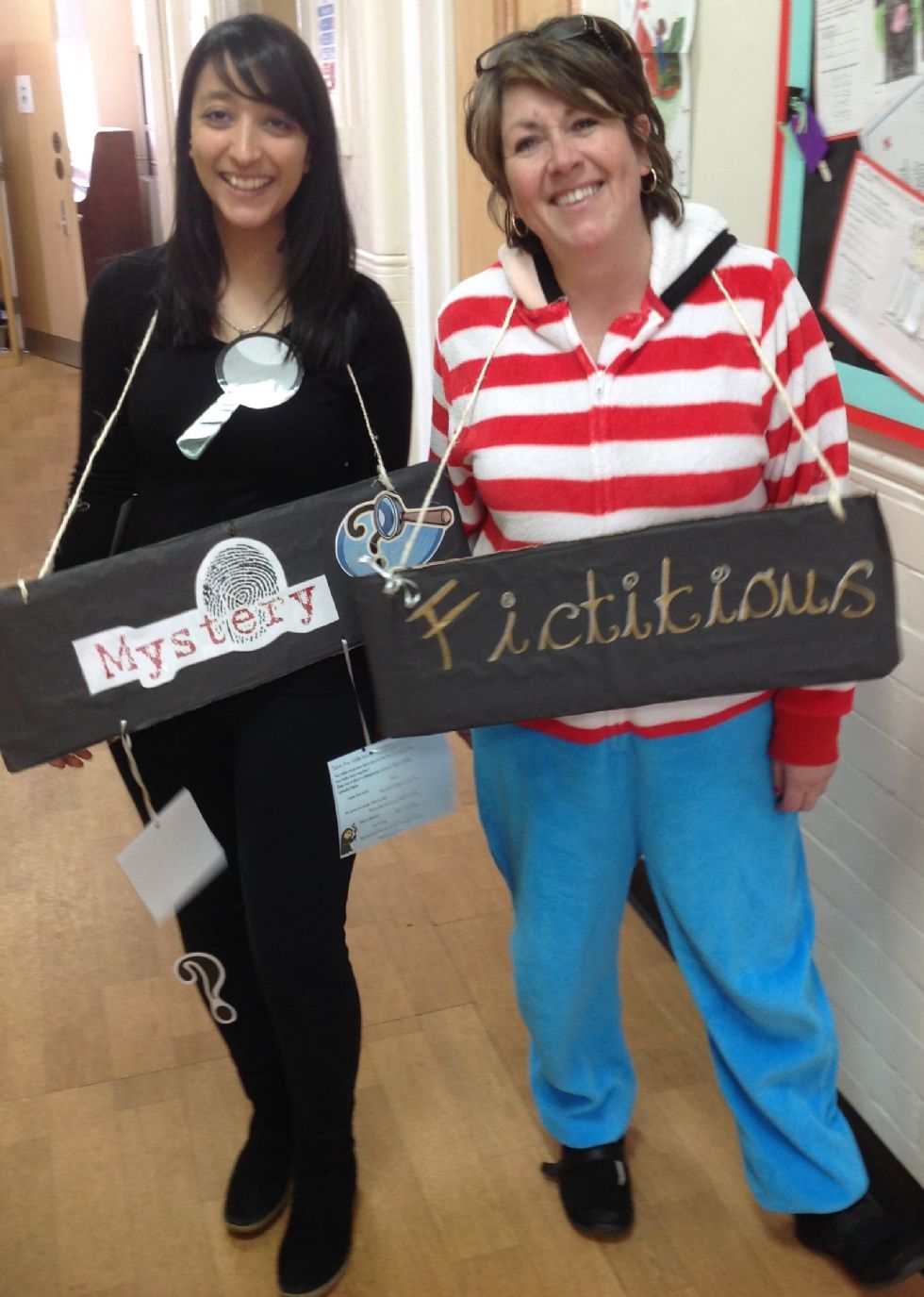
Developing a Love of Reading
We want all our pupils to develop a life-long love of reading. At Ferndale, there are many ways in which we encourage a love of reading:
- Daily Story Times – all classes have a daily story time where the class teacher shares with the pupils a high quality, engaging book. Much thought has been given by teachers as to which books to share with their classes and this is mapped out in our English overviews for each year group. Story Time sessions are fun, engaging and full of language-rich discussions.
- English topics with a book as the central focus. Each year group has carefully planned exciting writing topics linked to quality books. These books have been chosen to inspire a love of reading and to expose the pupils to books they may not otherwise have encountered. For example, in Year 6, the pupils read the novel The Explorer by Katherine Rundell and during this topic, they take part in a ‘Survival Day’ out in the school forest where they have to build their own dens, cook their own food on a camp fire and collect water. We believe that by embedding such quality books into our curriculum, we can bring the books to life and help to encourage a life-long love of reading.
- Access to quality books. Each class has a reading corner with a carefully chosen selection of books, including a ‘Book Swap Box’ – where children can have completely free choice of book (both fiction and non-fiction) to supplement their decodable or banded book. We have a well-stocked, inviting main library where children can share a book together in the reading den and borrow a book that excites them.
- Special Activities Throughout the Year. In addition to our daily emphasis on reading, we also plan special activities to further encourage a love of reading. For example, during World Book Day week the pupils have taken part in activities such as The Masked Reader, book door competitions and the school book fayre.
- Reluctant Readers in KS2. We have purchased a number of ‘Hi-Lo’ Barrington Stoke books which are dyslexia friendly and age appropriate for years 4,5 and 6 to encourage reluctant readers. We also have subscriptions to The Week Junior and the science magazine Whizz, Pop, Bang.
- KS2 Book Club. We have a very successful after school book club in KS2 where children enjoy sharing a novel with an adult. This club has been particularly successful at encouraging reluctant readers to develop a love of reading.
Our Library Area
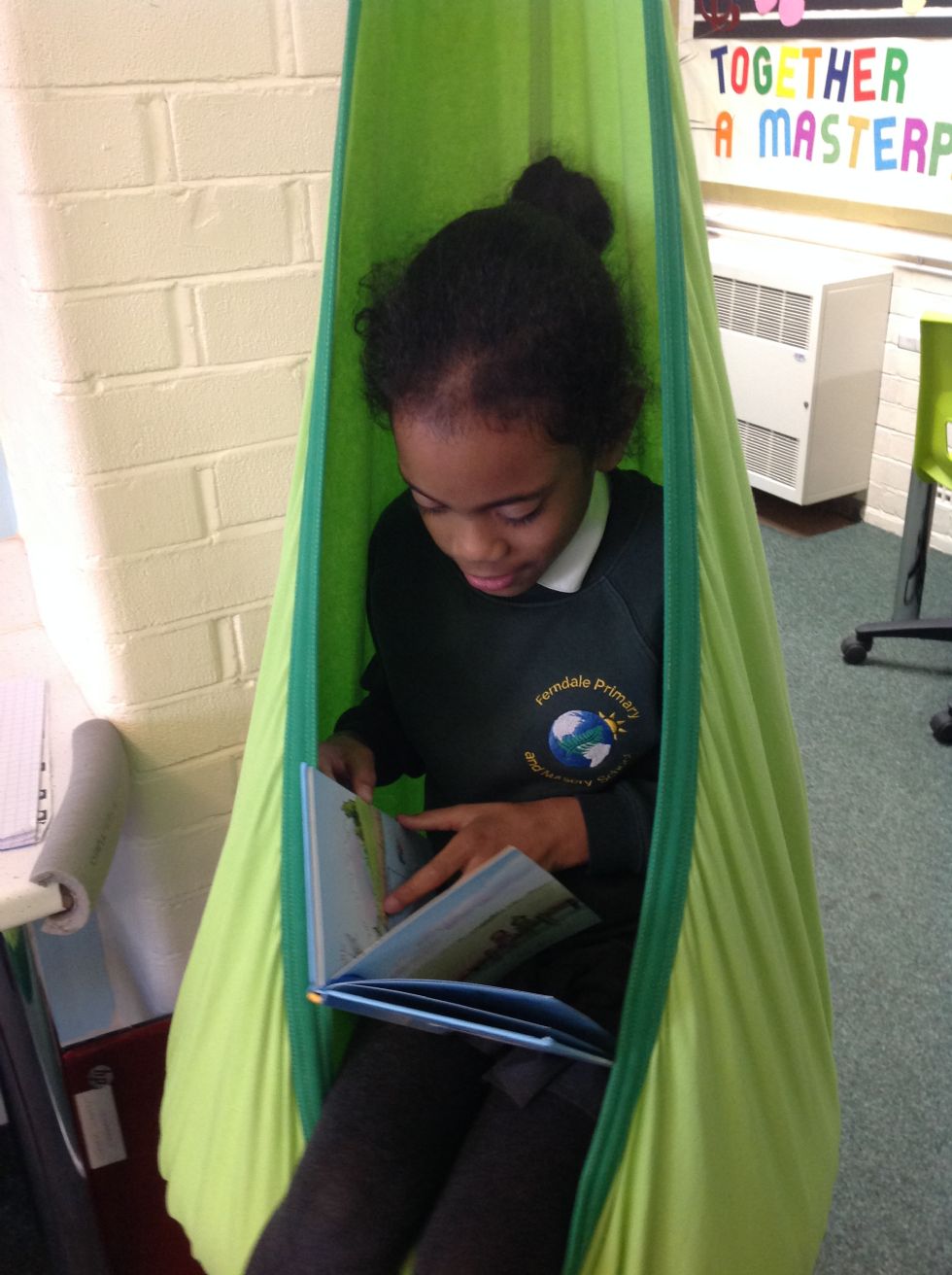
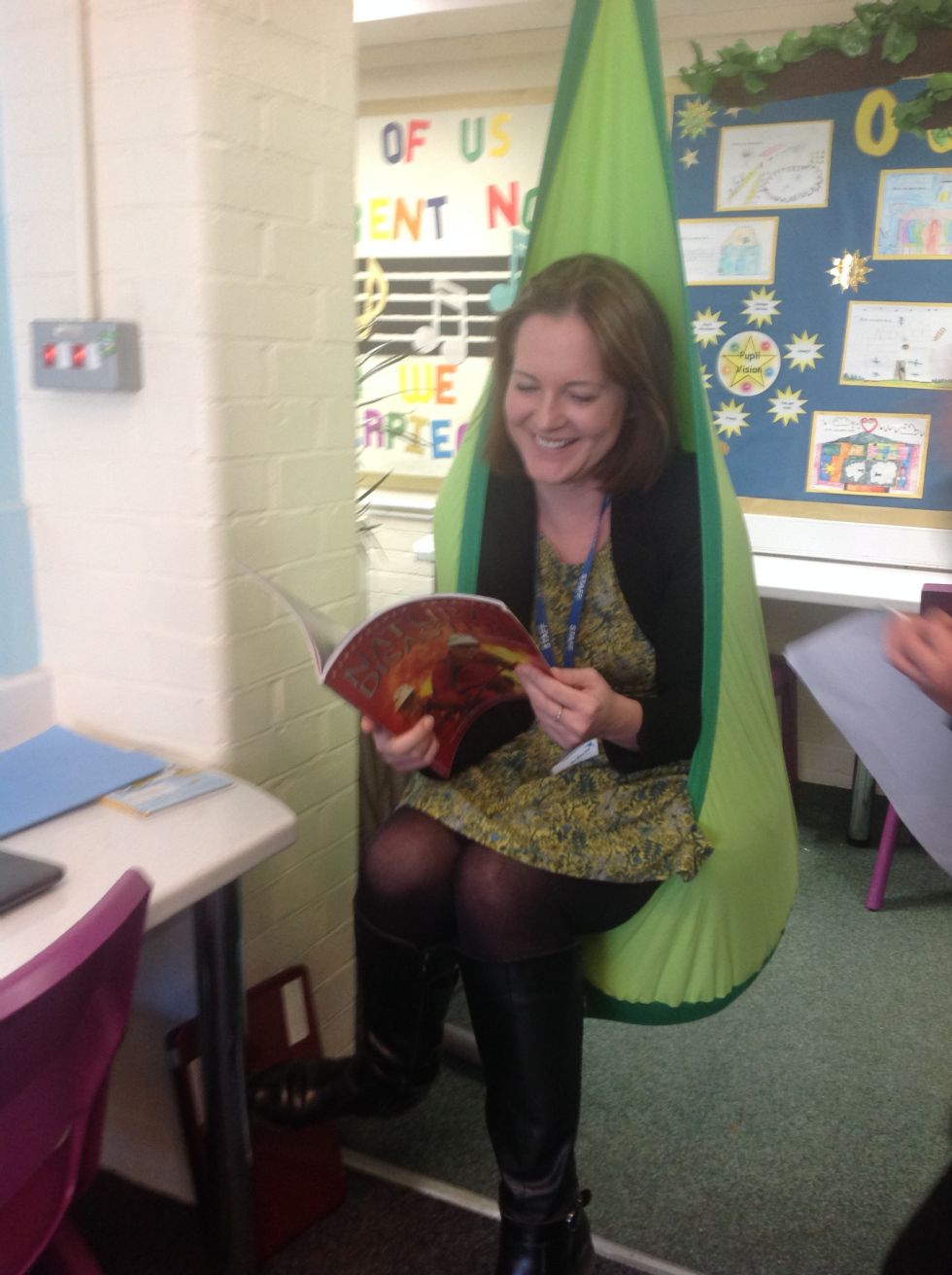
Impact
Assessment of Reading
We assess every pupil on a regular basis so that we can match teaching to their capacity to learn and to swiftly identify difficulties. We assess reading in a number of ways including reading ages, phonics assessments and screening check, comprehension assessments and benchmarking. The results to these assessments, along with other informal observations gathered during lessons, feed back into our teaching so that each child can be supported to achieve their full potential.
Writing
Intent
At Ferndale, our intent is for our pupils to become fluent, articulate and enthusiastic writers. We teach the writing objectives of the National Curriculum using an exciting cross-curricular approach, and feel it is important to give pupils quality texts and rich experiences to inspire writing and to provide a strong purpose where possible. We look for ways to motivate and inspire pupils so they see themselves as 'writers'.
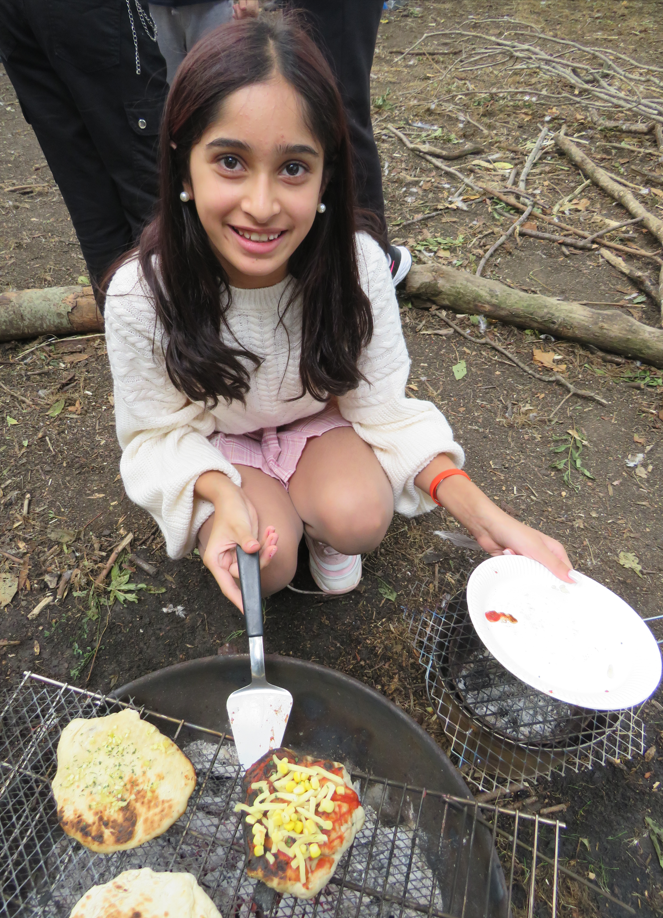
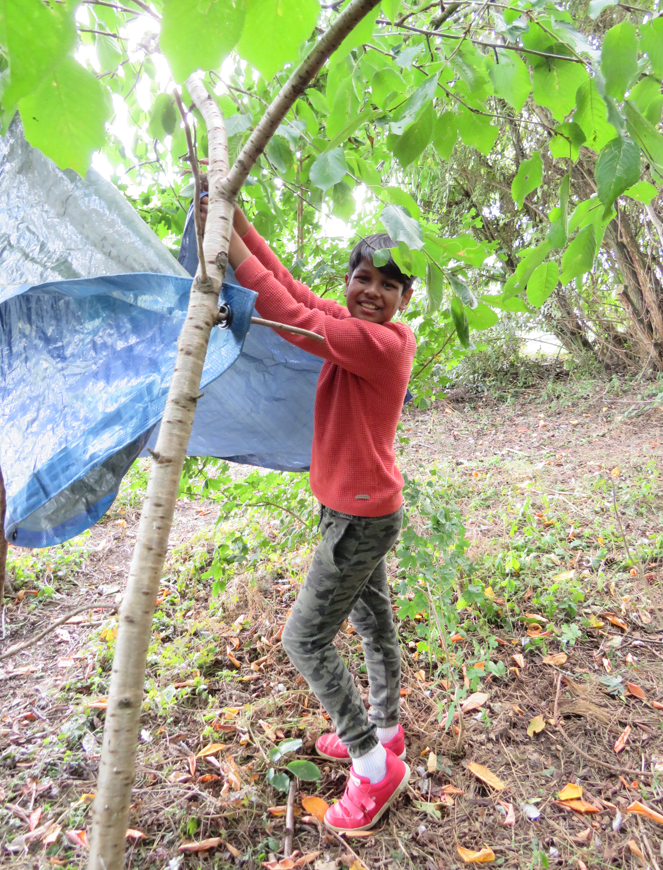
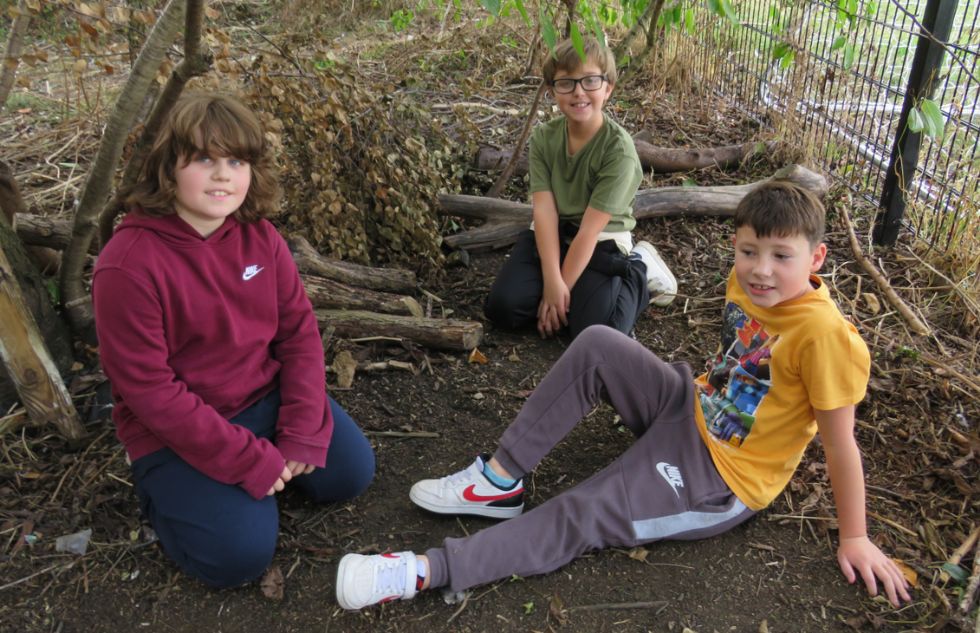
Based on the book 'Explorer' by Katherine Rundell, the year 6 children take part in a survival day. The day is designed to bring the story to life, inspiring their writing about being lost in the jungle.
How is it implemented?
At Ferndale, we have created an overview document for each year group. These overviews map out a clear progression of skills through the school. Each overview sets out the following areas:
- Texts to stimulate writing
- Writing opportunities
- Sentence and grammar objectives
- Key vocabulary
- Speaking and listening opportunities
From these overviews, we carefully structure and plan our writing units. This can start by analysing a text then moving on to a focus on vocabulary. We then look at sentence level and grammar elements appropriate for their end piece of writing before moving onto the writing itself. We use carefully chosen or created model texts as well as live modelling and shared writing so that pupils can see the process involved in creating a piece of writing. Re-reading and editing are an important part of the writing process and this is modelled to the pupils during shared writing sessions. The pupils are given time to edit and improve their writing and they are encouraged to evaluate both with the teacher and with peers. We ensure the pupils have the opportunity to write for a range of contexts, purposes and audiences.
We recognise the vital importance of exposing our pupils to a rich and varied vocabulary and understand that their acquisition and command of vocabulary are key to their learning and progress across the whole curriculum. We aim to increase pupils' store of words, help them make links between known and new vocabulary and discuss shades of meaning. We use model texts and class novels to teach vocabulary in context and encourage discussion around word choices when both reading and writing. We encourage and support pupils to be ambitious and precise in their vocabulary choices when writing their own pieces.
Where possible, our teaching of the grammar requirements of the National Curriculum are embedded into our writing lessons because we believe that grammar makes most sense if it is taught as an active process, related to the teaching of writing and reading. We encourage pupils to see the joys of language and to enjoy finding just the right words or phrases to express what they want to say.
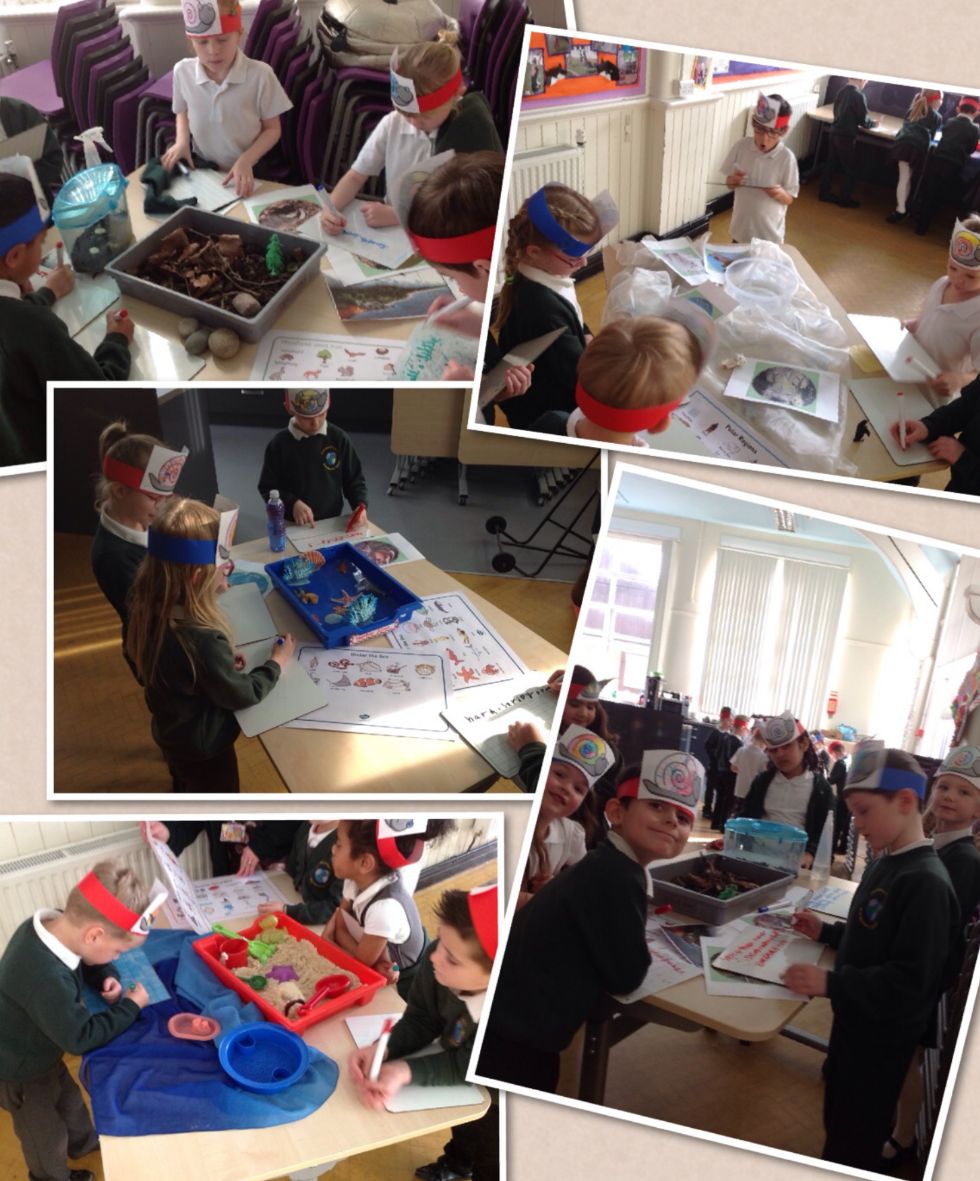
We retold the story of 'Charlie's bag' before writing our own versions of this story.
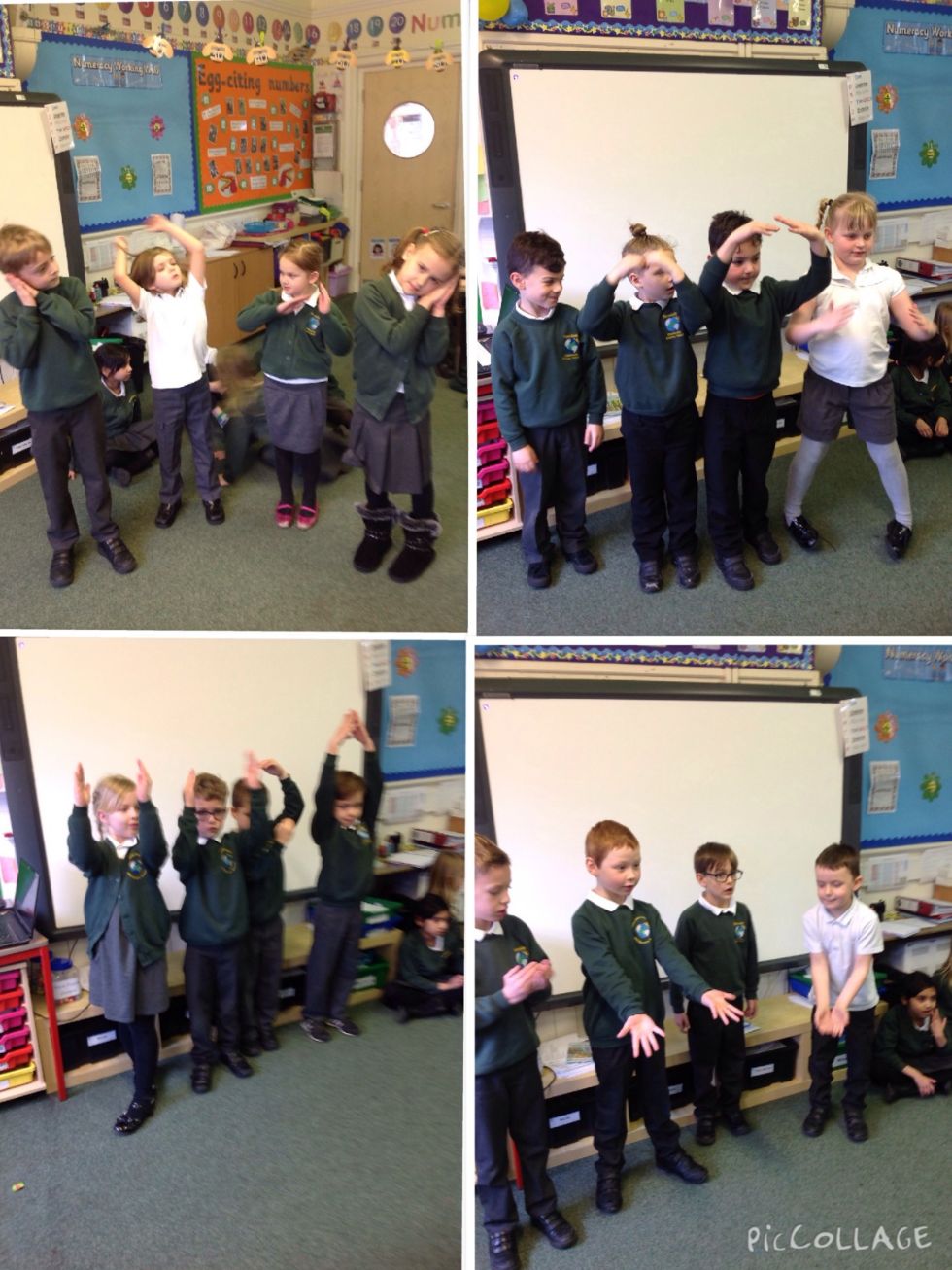
Spelling
The ability to write ideas down fluently requires a good understanding of spelling. In KS1, we use ‘Bug club’, a DfE validated online phonics resource, to teach pupils how to write phonemes as graphemes. Pupils are taught to segment and apply their phonics knowledge when spelling words.
In KS2, we use ‘Spelling Shed’, where spelling patterns develop and build through the year groups. Each child has a login so they can access these spellings at home and practise them using the interactive games and activities. The children will then have a weekly test.
We use a range of strategies to support pupils with their spelling:
- Phonetic spelling strategies. Segmenting, to see how a word is composed of individual sounds, is crucial for spelling.
- Visual spelling strategy. Learning how a word looks and visualising the word can be an effective strategy.
- Rule-based strategies. Pupils are taught through investigations to understand rules behind spelling patterns.
- Word-meaning strategies. Helping pupils understand what words mean can support their spelling of those words. Explaining how words are derived, how prefixes and suffixes are added on to root words and how to form compound words, can all support confidence and accurate spelling.
We also encourage the pupils to develop their use of dictionaries and other tools to check their spelling.
Spelling bees are held in year groups on a termly basis. These fun events aim to raise the profile of spelling across the school and to encourage pupils to learn the statutory words for their year.
Handwriting
In the early years and year 1, pupils complete fine motor activities to develop finger strength and are taught how to hold a pencil correctly. Pupils are taught to print correct letter shapes and formations.
From year 2 onwards, through weekly handwriting lessons, we begin to explicitly teach correct joins, consistent letter size and clear ascenders and descenders. Additional support is given through handwriting interventions where needed.
In Key Stage 2, pupils who demonstrate good handwriting are awarded a handwriting licence. This enables them to use handwriting pens and to further develop their fluency.
We use ‘Letterjoin’, an interactive computer-based resource to develop letter formation and joining. This resource can be accessed at home free of charge, please ask in the school office for the password.
Impact
Assessment
Assessment and monitoring enable us to evaluate the impact of our teaching and ensure the children are making good progress. After each unit of work, we are able to highlight all the areas that have been achieved on our year group ‘unaided writing sheets’. This gives us a clear picture of each child’s progress and enables us to give targeted next steps and to set up relevant interventions where required.

